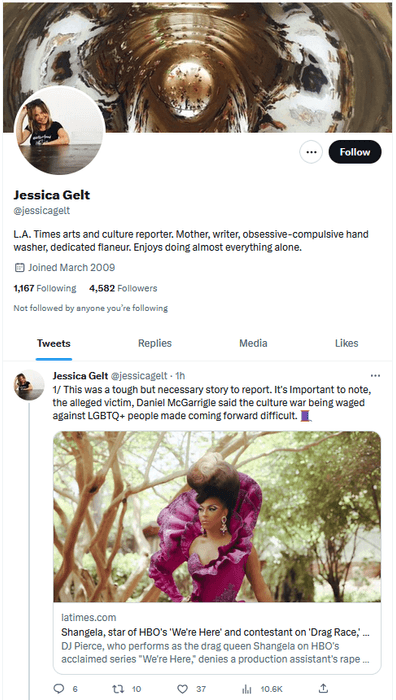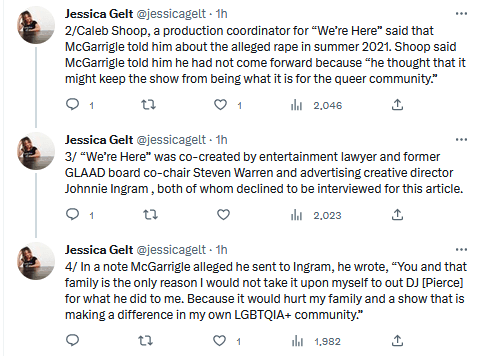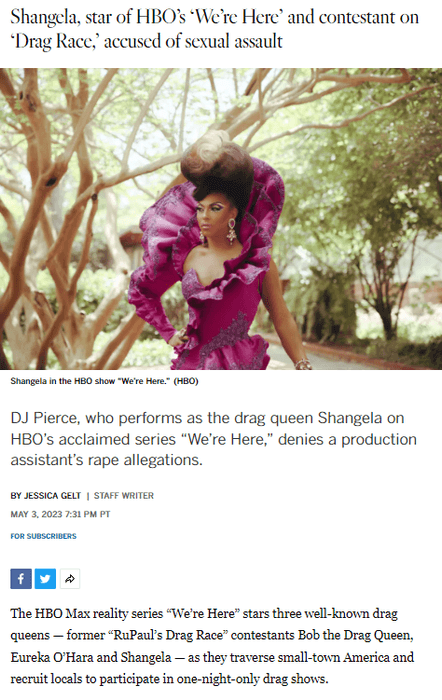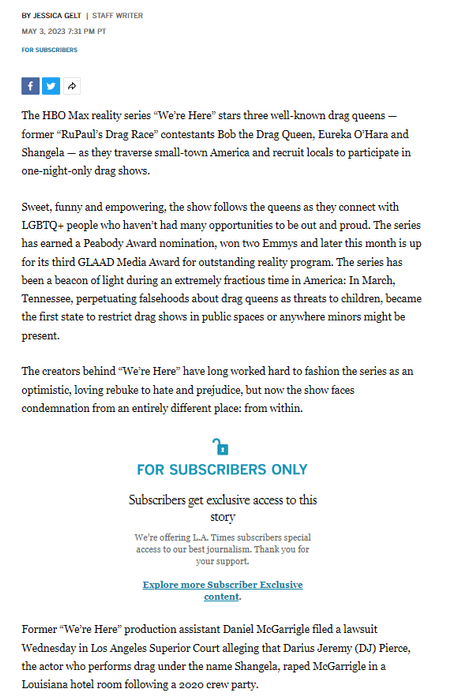Sublime
An inspiration engine for ideas
At the high school level, a Latino studies program in at least one district (Tucson, Arizona) drew the ire of state officials, who enacted a ban on any program that teaches ethnic division. The program’s supporters, of course, pointed out that they were merely teaching students their own history and pride in their own culture. They also emphasized
... See moreRichard Delgado, Jean Stefancic, Angela Harris (Foreword) • Critical Race Theory

ideas argue that racist policies are the cause
Ibram X. Kendi • How to Be an Antiracist
mutual and consensual.
Adria L. Imada • Aloha America: Hula Circuits through the U.S. Empire




Another star of RuPaul's Drag Race has been arrested. This time Shangela is accused of rape. But please spare a thought for the real victim of this crime - the LA Times reporter who had to write a negative story about drag queens https://t.co/UfN2Z6m0y3
needed, and applicable, today. 1 From The Queer Sixties. Patricia Juliana Smith, ed. New York: Routledge, 1999. 2 Bronski, Michael. Pulp Friction: Uncovering the Golden Age of Gay Male Pulps. New York: St. Martin’s Griffin, 2003.
Richard Amory • Song of the Loon (Little Sister's Classics)
potential victims
Shaka McGlotten • Virtual Intimacies: Media, Affect, and Queer Sociality
policies.